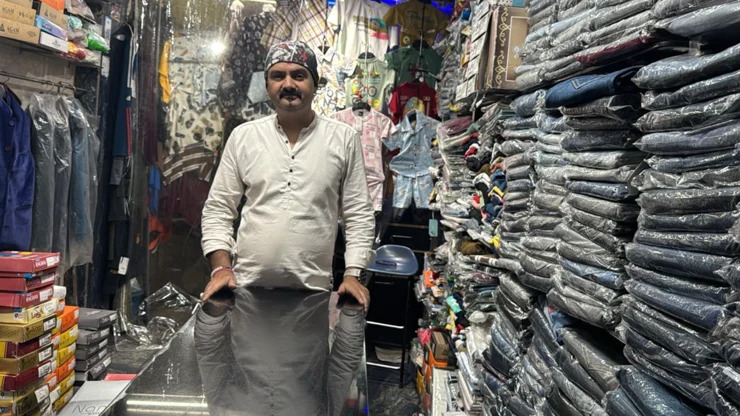Vikash Sharma, an Indian migrant worker, arrived in New Zealand full of dreams. He imagined owning a Mustang or Lamborghini, sending his children to good schools, and living in a safe, fair country. But instead of a better life, he found mental distress, abuse, and exploitation.
In 2023, Sharma travelled to Christchurch on a work visa, promised by Chauhan NZ Limited (CNZ). He said he paid 30 lakh INR to the company owners, Mitu Sharma and Ankur Chauhan, to arrange his visa and bring his family. But once in New Zealand, nothing happened as promised.
He waited weeks before getting any job, and when he finally started working, his hours were cut down to just 14 a week, leaving him unable to survive. By December, he was removed from the staff WhatsApp group and then fired without notice, with false claims made against him.
His mental health worsened quickly. Roommates noticed he would shout and run out at night. One day, a roommate took him to a GP (general practitioner). That doctor would change his life.
How did a Kiwi doctor help the Indian migrant?
Sharma says the doctor was shocked by his condition and called someone for help. Two days later, the police contacted him, and soon an NGO stepped in to offer food and support. The doctor and a translator continued checking on him as he tried to recover.
Eventually, with help from his sister in Wellington, Sharma filed a complaint with the Employment Relations Authority (ERA) on 20 February 2024. His employer never showed up in court.
On 17 June 2025, the ERA ruled in his favour, ordering CNZ to pay him more than NZ$99,000, including:
- $25,000 in compensation
- $11,567.40 for unpaid wages
- $2,506.25 in unlawful deductions
- $60,042 for illegal job payments
But despite the ruling, Sharma says he hasn’t received a single dollar. New Zealand officials said he could still ask the District Court to enforce payment using a legal certificate.
After struggling to find new work in New Zealand—partly due to holding a Migrant Exploitation Protection Visa that made employers cautious—Sharma returned to Jammu, India in September 2024. He still faces financial struggles and emotional trauma.
“I have to pay school fees for my daughters and take care of my mother,” he said. “I would love to go back to New Zealand… but what would I do there now?”
Still, he holds on to hope—and is grateful to the doctor who stood by him when no one else did.

